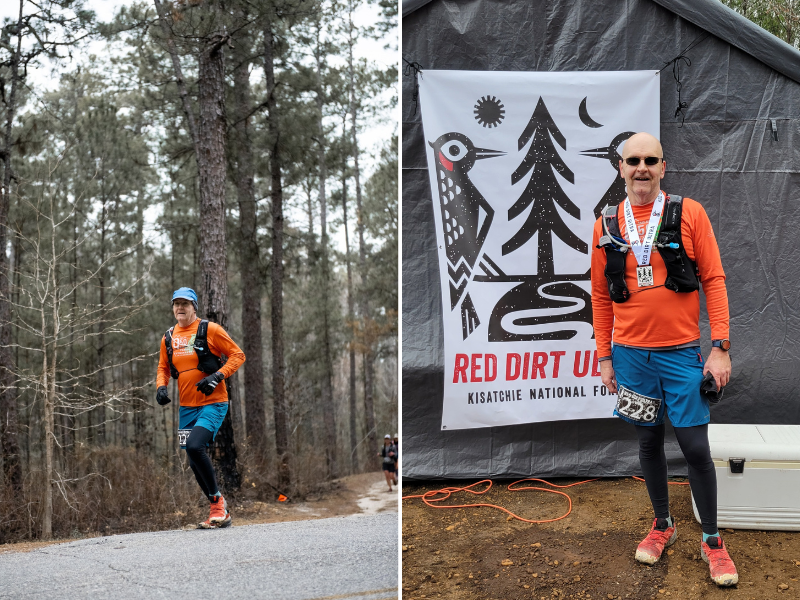As seasons change, Dominique Meekers keeps running
Dominique Meekers knows all about change.
Over a 35-year public health career, the professor in international health and sustainable development has witnessed shifts in approaches and challenges across the field.
As policy changes surrounding organizations like USAID threaten to impact workers in international health and their ability to assist communities worldwide, Meekers understands the importance of persistence -- especially in education and training.
“There are endless organizations out there, public health organizations that have local researchers on staff who are very, very motivated, but who may have fairly limited skills, and we can make a big difference in working with them,” Meekers says, noting that previous approaches to such collaboration were often more minimal in comparison. “So, these days we work with them continuously. I interact with the local researchers on a weekly basis.”
At Tulane University’s Celia Scott Weatherhead School of Public Health and Tropical Medicine, Meekers has helped optimize research on family planning, sexual risk behavior, and reproductive health. He currently provides technical assistance in monitoring and evaluation for two family planning projects in Nigeria that are funded by the Bill and Melinda Gates Foundation.
Beyond a need for optimization and persistence, he sees an ever-evolving landscape that has demanded different things of him throughout his career.
“Twenty years ago, it was mostly mass media. There would be radio communications, TV communications, billboards, etc.,” Meekers explains. “Nowadays, there is this proliferation of cell phones. Our partner organization has a website, they have social media pages, a call center, and so forth.”
“Our challenge right now is we find that the call center is extremely effective in terms of encouraging people to get a family planning referral, to go to a provider, to actually visit a provider, to adopt a modern contraceptive method. But the challenge is to get more people to actually use the call center.”
Additional issues, such as a divide between urban and rural reach and women having less access to phones, provide further hurdles to overcome. However, modern approaches include a shift to more evidence-based initiatives and impact measurement.
Finding what works and sticking to it is a big theme.
A Personal Parallel
In many ways, Meekers’ personal life has mirrored his professional life.
Beyond the halls of Tidewater, Meekers has become an avid long-distance runner, regularly competing in ultra marathons. His commitment to his health, however, didn’t emerge until his 40s, when he realized he needed to make changes to manage his weight.
He started going to the gym, working with a trainer, and eventually heeding his trainer’s advice to participate in races (after originally declining).
Running wasn’t a passion for Meekers, and still isn’t. But what he appreciates is the experience -- taking in new scenery, clearing his mind, and challenging himself to achieve ambitious goals.
The experience of completing an ultra marathon isn’t something Meekers thinks his younger self could have done.
“Most of the pictures look like I'm dying because I am,” Meekers joked. “But I think you see a lot of older runners in the ultra running community, and some of that is that you have to learn to pace yourself, and that comes with experience.”
The Long Game
In that way, his work and exercise regimen mirror one another.
For early-career professors, the need to publish frequently, especially on the tenure track, can sometimes overshadow other priorities. Now as a full professor, Meekers can focus on different types of research that may not always lead to publications but do have a meaningful impact.
That shift in focus, he believes, comes with a better understanding of the bigger picture.
Meekers’ perspective on running can just as easily be applied to international health – offering inspiration to the next generation of global health professionals.
“I still don't like running today, believe it or not, even though I do all these ultra marathons,” he says. “But it makes me feel good to do something that I probably couldn't do when I was 30.”
Persistence matters.

